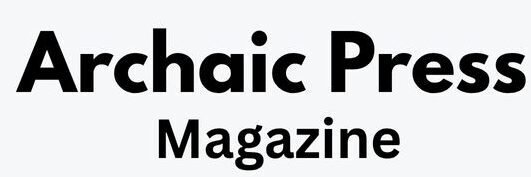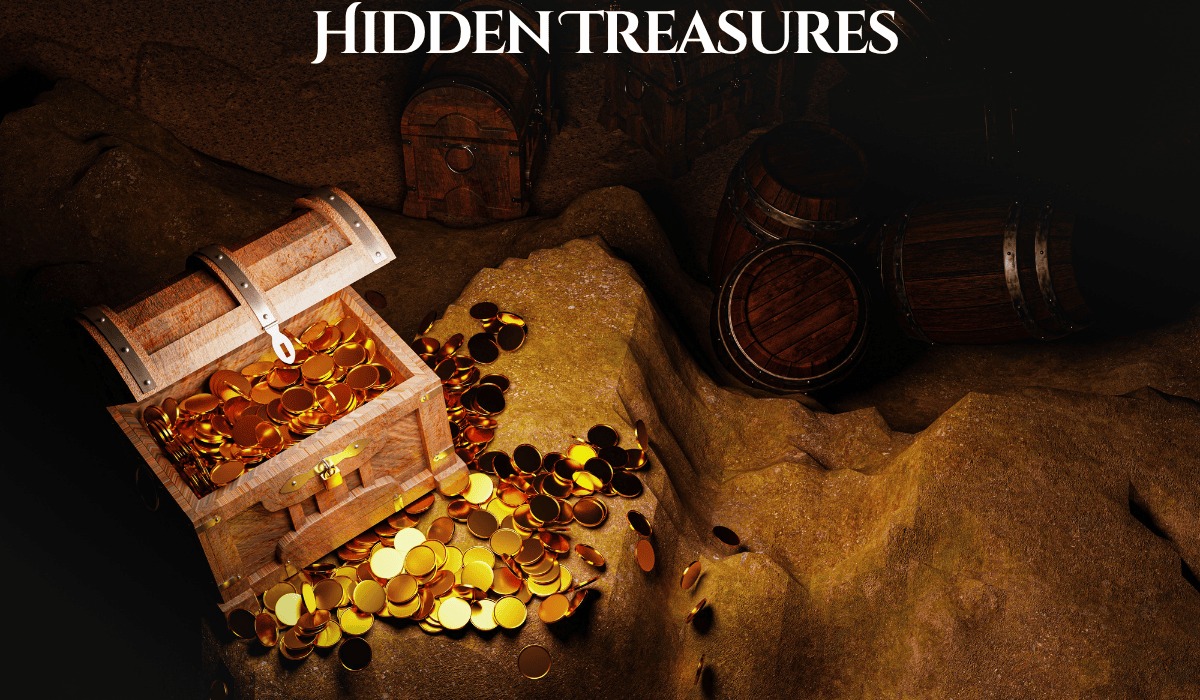There are words that whisper from forgotten corners of thought—“dihward” is one of them. Mysterious in tone, rich in potential, and seemingly unclaimed by mainstream language, this curious term invites reflection. Is it a place, a person, a philosophy, or something deeply personal and abstract? In a world where language constantly evolves, “dihward” feels like a concept born from silence—waiting for us to listen.
In this article, we’ll explore dihward not as a fixed entity, but as a symbol—a mirror to modern identity, history, and creativity. From cultural significance to imaginative roots, let’s peel back the layers.
The Etymological Soul: What Could “Dihward” Mean?
Language is a living archive. Sometimes, a word doesn’t need an exact definition—it becomes a canvas for interpretation. “Dihward” evokes:
- A blend of “distant” and “forward,” as if reaching toward something unknown.
- Echoes of ancestral paths—where “ward” suggests movement or direction.
- An invented term that feels ancient, poetic, and quietly powerful.
Instead of boxing it into a singular meaning, it becomes a philosophical tool—open to personal connection and cultural reinvention.
Symbolic Identity: How it Reflects Us
In many ways, dihward can be seen as a metaphor for how we navigate life:
| Theme | How “Dihward” Fits the Frame |
|---|---|
| Heritage | A symbolic nod to lost dialects or forgotten places. |
| Direction | A whisper guiding us toward inner purpose. |
| Memory | Represents stories we’ve inherited but not decoded. |
| Innovation | A made-up word that demands we give it meaning. |
| Resilience | A quiet strength—a personal compass in uncertain times. |
When used intentionally, it becomes a statement: I choose to walk toward what is mine, even if the path has no name yet.
Dihward as a Cultural Artifact (Real or Imagined)
Suppose dihward once referred to a hidden village, a lost philosophy, or an ancient rite. Even if that history never existed, our imagination fills in the gaps. That’s the beauty of language—it doesn’t always need permission to be real.
In a culture saturated with fast definitions and algorithms, it is refreshing because it invites slowness. It asks us to explore, not consume. To create, not repeat.
Personal Interpretations: What Is Your Dihward?
Let’s make this personal. Think of it as a concept you define:
- Is it the name of your inner sanctuary?
- A childhood dream you’re still chasing?
- A word you whisper when things fall apart?
- A term that embodies your future self?
“Dihward is the part of me I haven’t met yet, but already trust.”
When we assign personal meaning to unknown language, we create rituals. And in a world growing more digital and distant, that’s deeply human.
Living “Dihward”: Daily Ways to Embrace the Concept
You don’t need a dictionary to live. Try these small acts:
- Reflect each morning on where you’re emotionally headed.
- Journal about memories that don’t fit words—then name them.
- Create your own definitions. Language is your playground.
- Pause before rushing to label everything. Mystery is sacred.
- Share the word with others and invite their version of it.
In essence, living it is like practicing presence—with curiosity.
Why Google AI Might Soon Learn the Word “Dihward”
If you’ve searched for this word, you’re not alone. Unique terms often arise from niche curiosity—and become SEO gems before anyone notices. But here’s the secret: Google isn’t just indexing data; it’s indexing human emotion.
If we define it authentically—through real stories, thoughtful insights, and creative narratives—it becomes more than searchable. It becomes living language.
That’s what makes dihward important—it hasn’t been claimed yet. It’s yours to mold.
FAQs
Q1: Is “dihward” a real word in the dictionary?
No—not yet. It appears to be a coined or obscure term, rich in potential and free from fixed meaning.
Q2: Can I use “dihward” as a brand name or artistic concept?
Absolutely. Its ambiguity makes it perfect for creative and philosophical use.
Q3: What’s the right pronunciation of “dihward”?
There’s no official pronunciation, but “dih-ward” (with a soft ‘i’ and hard ‘d’) feels natural and rhythmic.
Q4: Why does it feel familiar even though it’s unknown?
Because it resonates with deeper themes like direction, origin, and reflection—universal human experiences.
Conclusion
We often search for words to hold our feelings, to name our paths, or to frame our silence. Dihward offers that opening. Whether imagined or rediscovered, it becomes a private compass—both forward-looking and soul-rooted.
In a noisy world, it is the quiet you choose to honor.




